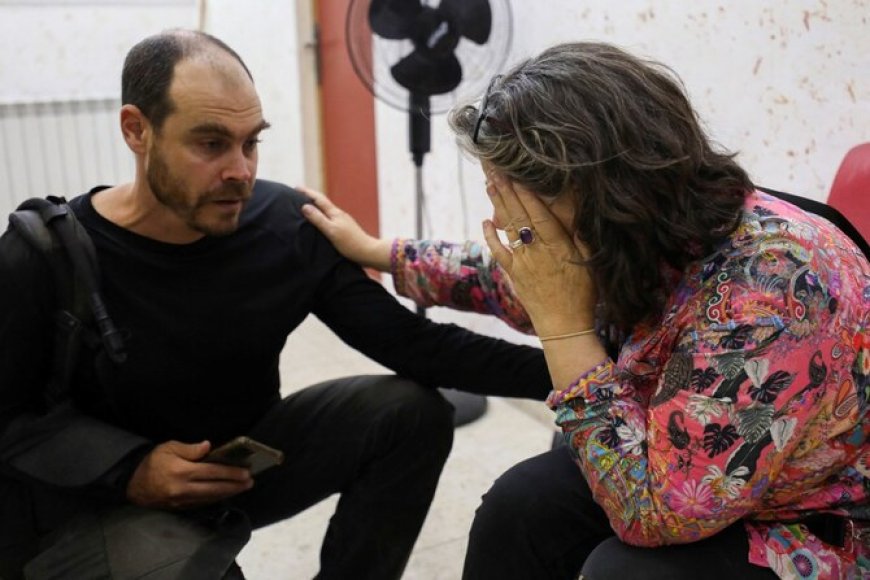The death of Aysenur Ezgi Eygi, a 26-year-old US-Turkish activist, who was shot and killed during a peaceful protest in the West Bank town of Beita on Friday, has ignited intense debate, with critics accusing US politicians and media of applying double standards when covering violence in the Israeli-Palestinian conflict. Eygi, who was protesting the expansion of illegal Jewish settlements and escalating settler violence, was reportedly shot by Israeli forces, prompting outcry on social media over the muted response from major news outlets and American political leaders.
Eygi was participating in a non-violent demonstration near Nablus when she was fatally shot. Her death comes amid ongoing protests against the expansion of Jewish-only settlements on Palestinian-owned land, a practice widely condemned by the international community. Eygi had been active in advocating for Palestinian rights and had recently volunteered with the International Solidarity Movement (ISM), a group that monitors and protests settler expansion and military violence in the occupied territories.
The news of her death was met with silence from key American political figures, in stark contrast to the vocal outrage expressed just days earlier when several Israeli citizens, including dual US-Israeli citizen Hersh Goldberg-Polin, were killed in Gaza. President Joe Biden, who publicly condemned the killings in Gaza, calling Polin’s death “devastating,” has yet to issue a personal statement regarding Eygi's death. Instead, the White House released a brief and generic statement expressing concern and calling for an investigation into the incident. Similarly, US Secretary of State Antony Blinken expressed condolences but refrained from directly addressing the Israeli military's role in Eygi's killing.
The perceived disparity in the reactions has provoked a firestorm on social media, with many accusing US media outlets of downplaying Eygi’s death because of her pro-Palestinian activism. Human rights attorney Qasim Rashid took to social media platform X, writing, “Shame on these legacy media outlets. Not one is willing to state the fact that the Israeli military killed Aysenur Ezgi Eygi — a US citizen. This is how legacy media normalizes violence against people of color.”
The International Solidarity Movement also issued a statement, condemning the killing and highlighting what it described as the ongoing “impunity” granted to Israeli forces by both the US and European governments. “This is another example of how American and European governments enable the violence and repression Palestinians endure daily,” the statement read.
Eygi’s family, in a deeply emotional Instagram post, described their daughter as a “passionate human rights advocate” who had traveled to the West Bank to stand in solidarity with Palestinians facing displacement and violence. Her parents called for an independent investigation into her killing, stating that video evidence showed she was shot by Israeli forces while peacefully protesting.
Eygi’s death has reignited discussions about the US’s longstanding alliance with Israel and its often one-sided narrative in the Israeli-Palestinian conflict. Many observers point out that the disparity in reactions to the deaths of pro-Israeli and pro-Palestinian Americans reflects broader issues of media bias and political favoritism. As calls for justice and transparency continue to mount, the international community awaits further investigation into the circumstances surrounding Eygi’s death, while debates over media accountability and political double standards rage on.
Eygi’s death marks yet another flashpoint in the complex and highly charged dynamics of the Israeli-Palestinian conflict. While the US administration calls for a measured investigation, many feel that action must be taken to address the perceived injustices, both in the region and in how the tragedy is reported.














































